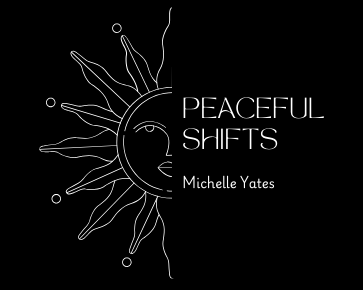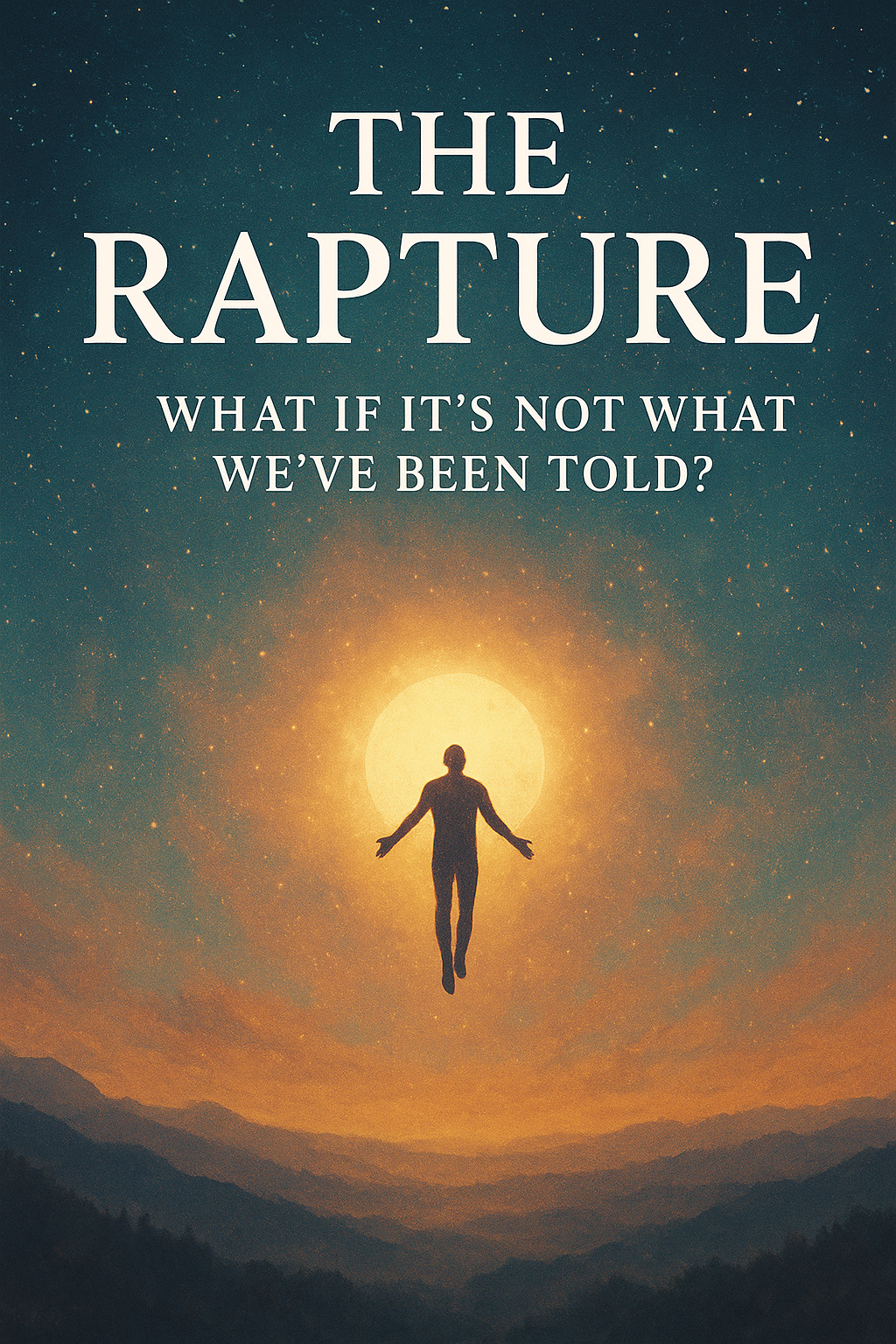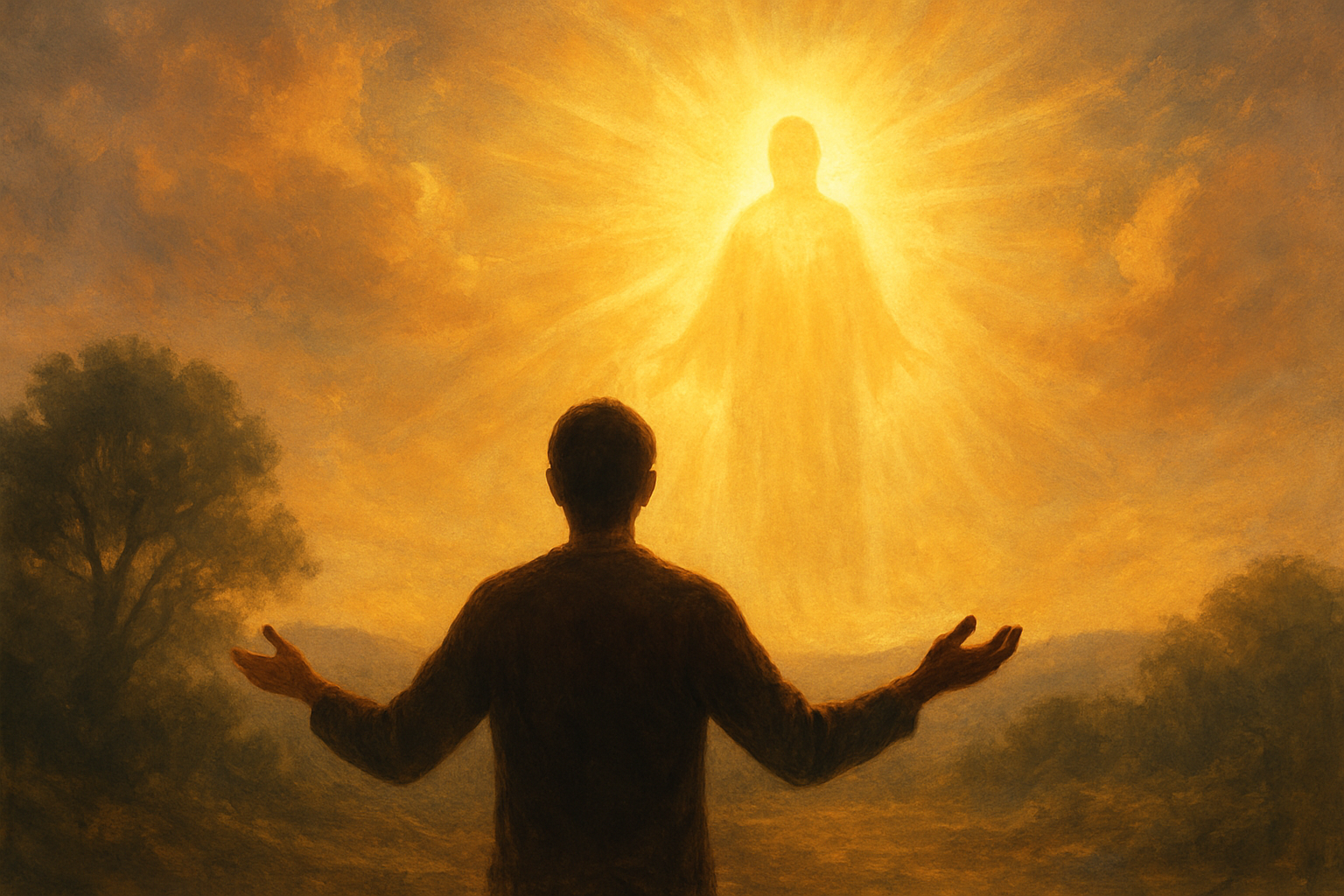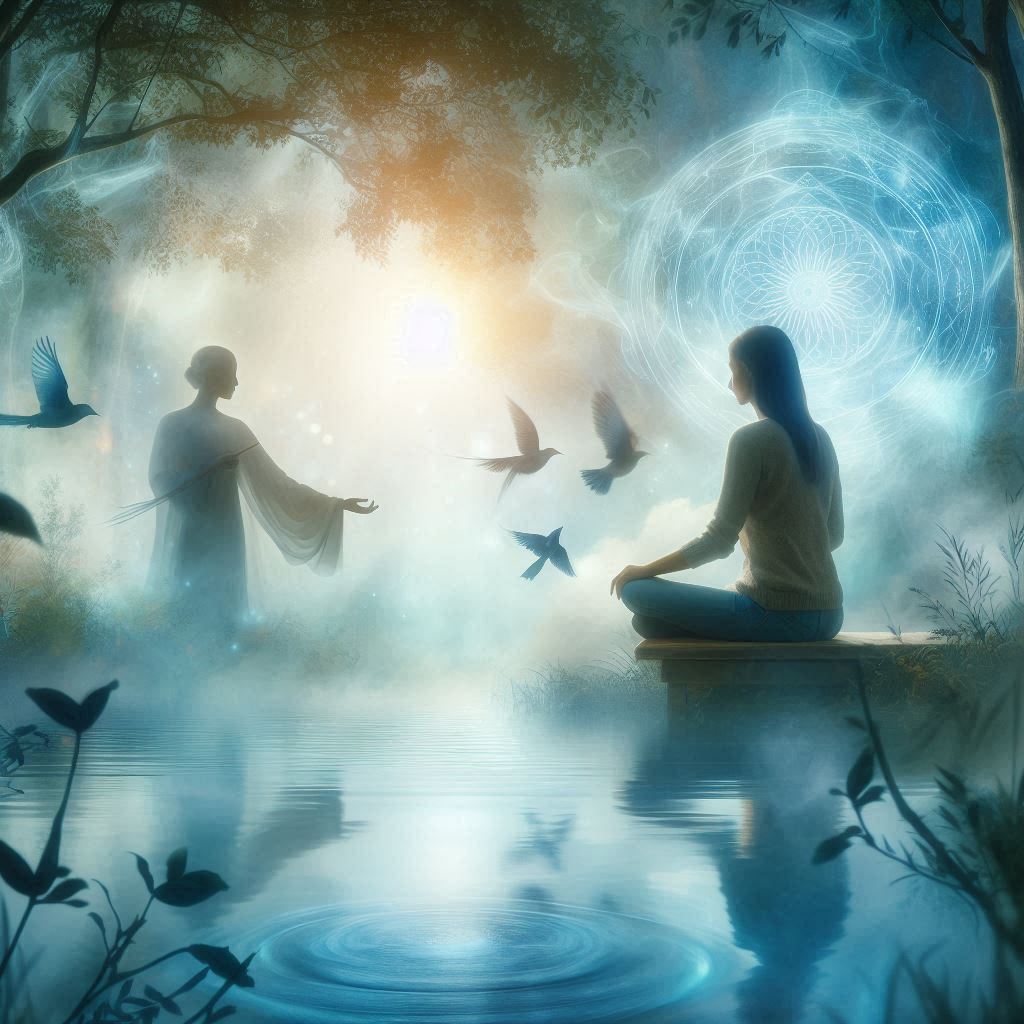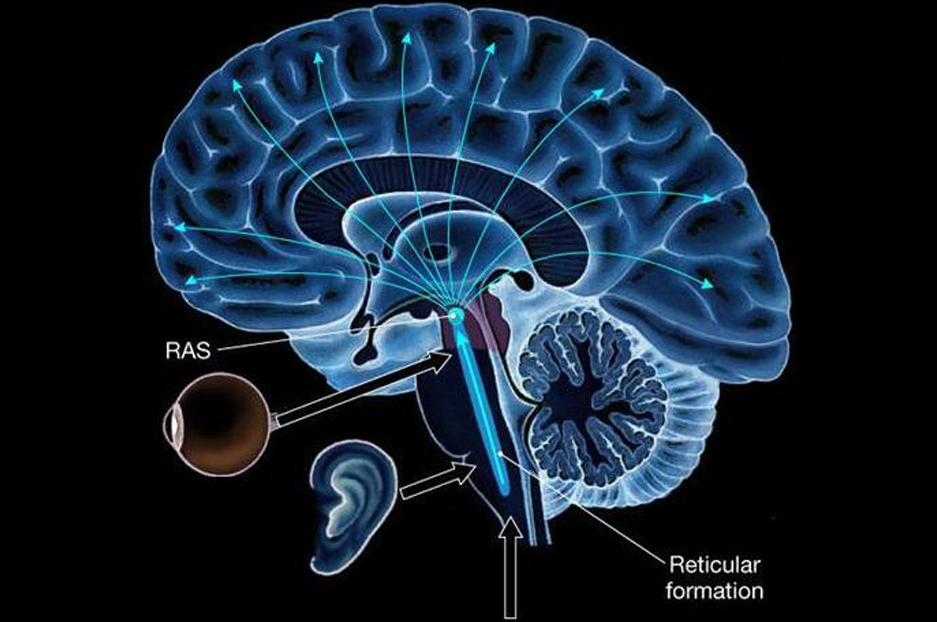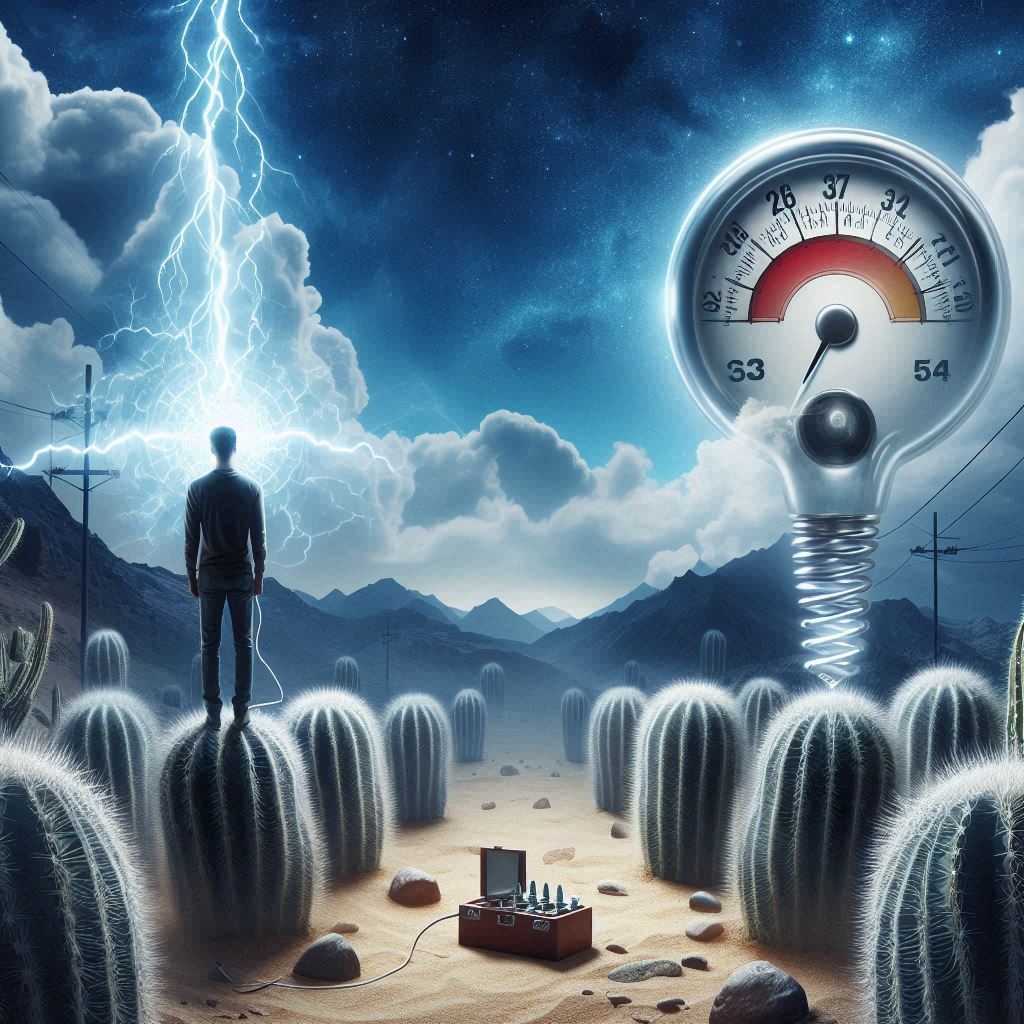
Becoming Awakened is Only the Compass
Awakening often feels like a sudden widening of perspective: a glimpse of interconnectedness, clarity, or presence. This shift is not the same as being unconditioned; rather, it exposes the stories, fears, and automatic responses that still run beneath awareness. Psychologists and spiritual teachers note that integration after an awakening is essential to avoid confusion or distress — awakening without integration can look like a crisis rather than a transformation.
Why awakening reveals conditioning
When awareness expands, the content of conditioning becomes visible: cultural narratives, family patterns, survival strategies, and reactive habits. That visibility is a gift — it gives you data about what to change — but it doesn’t change the patterns by itself. Awakening provides insight; reconditioning provides skill. Without deliberate practice, old neural pathways continue to fire even as you see them, because the brain is wired to repeat familiar patterns until new ones are built through repetition and experience.
What reconditioning looks like
- Emotional regulation: learning to feel without being hijacked by old triggers.
- Cognitive reframing: replacing limiting beliefs with perspectives aligned to your awakened values.
- Behavioral practice: small, repeated actions that embody new priorities (e.g., compassionate speech, boundary-setting).
- Somatic work: calming or retraining the nervous system through breath, movement, or trauma-informed practices.
These are not optional extras; they are the practical scaffolding that turns insight into sustainable change. Teachers and guides emphasize that the conditioned mind resists even the desire to change, so consistent, compassionate practice is the engine of reconditioning.
A simple reconditioning roadmap
- Notice — Use daily check-ins to observe triggers and habitual responses.
- Name — Label the pattern (fear, shame, people-pleasing) to reduce its automatic power.
- Interrupt — Insert a pause: breath, step back, or a grounding gesture.
- Choose — Act from the awakened value (kindness, honesty, presence).
- Repeat — Reinforce the new pathway with small, frequent repetitions.
Neuroplasticity means change is possible, but it requires time and repetition; the brain remodels itself when new behaviors are practiced with intention.
Closing reflection
Awakening is not a finish line; it’s a compass. It points you toward what needs reworking and gives you the clarity to do it with more wisdom and less self-judgment. The path of Peaceful Shifts is not about erasing who you were, but about reweaving your life so your actions, relationships, and nervous system reflect the deeper truth you’ve glimpsed. Integration — patient, embodied, and practical — is the real spiritual work.
Michelle Yates – C.SLC, C.HT, QMP, O.M., CMT 12/8/25
